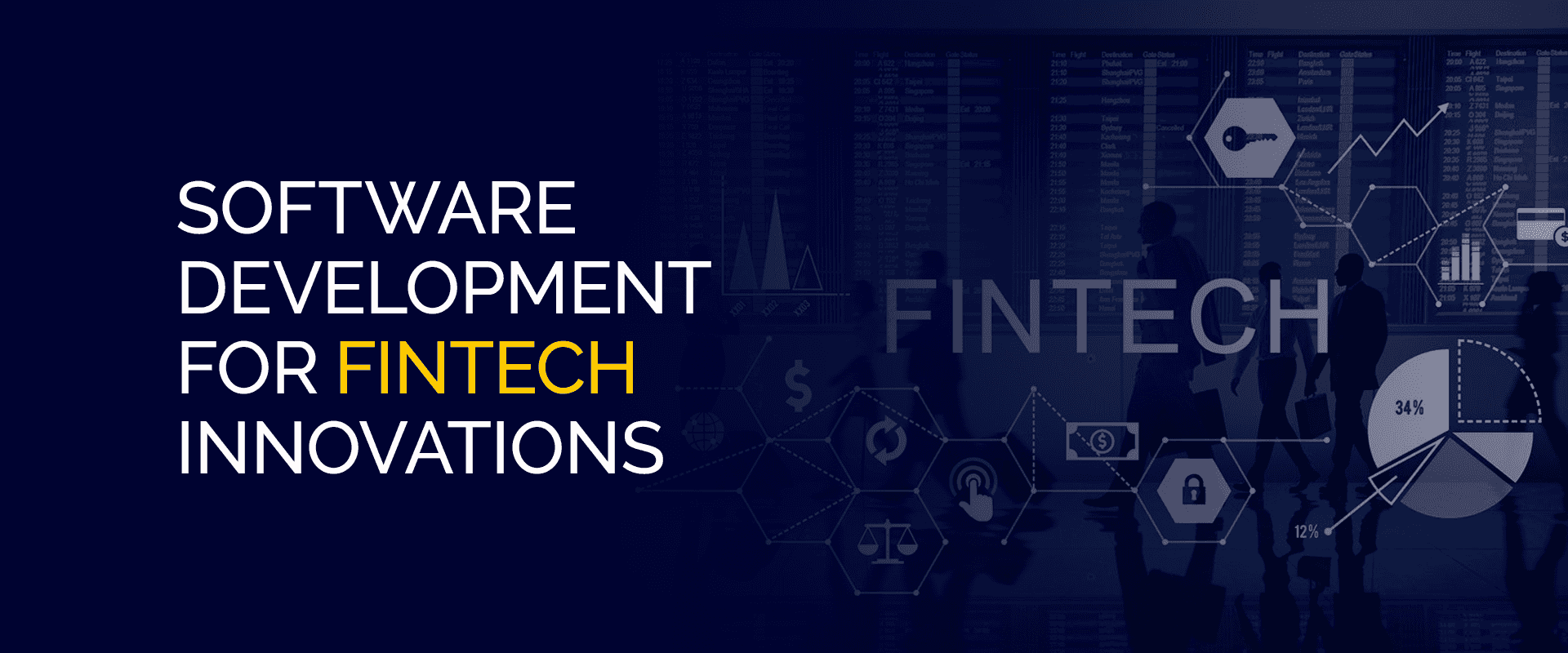

Get 93% OFF on Lifetime
Exclusive Deal
Don’t miss out this deal, it comes with Password Manager FREE of cost.
Get 93% off on FastestVPN and avail PassHulk Password Manager FREE
Get This Deal Now!By Nancy William No Comments 4 minutes
Fintech has become a catalyst for change in the financial sector, primarily due to innovative software development. As technology continues to push Fintech forward, understanding how they intersect is crucial. This article discusses the role of software development in Fintech, highlights current trends, and reviews success stories. It provides important insights useful for those intending to enter and contribute to this dynamic and fast-changing field.

Note – While understanding the realm of the Fintech industry or developing software to cultivate future strategies, or even dealing with financial services, always understand there are cyber-consequences while being online. Here is where FastestVPN can help, encrypt your connection, and ensure safety in the digital world.
Understanding Fintech’s role and significance in modernizing financial services is necessary. Fintech, derived from the phrase ‘financial technology,’ is a transformative agent that has restructured conventional financial services, integrating efficiency, ease of access, and cost-effectiveness.
In the digital age, Fintech has surfaced as a facilitator of financial inclusion, linking those without access to banking services to financial services. By utilizing advancements in technology like artificial intelligence, blockchain, and big data, Fintech has brought about radical changes in banking, insurance, and investment services, among others.
The emergence of Fintech startups has spurred competition in the financial ecosystem, pushing traditional institutions to innovate and adapt. This dynamic interaction is triggering unprecedented changes, turning financial services more user-centered.
The significance of Software Development for Fintech is undeniable. It serves as a critical tool, revolutionizing financial services, and solving intricate financial issues. Beyond just creating applications, software development in fintech is about formulating solutions that improve efficiency and meet the escalating needs of consumers.
Software development in fintech plays many roles, characterized by the following fundamental elements:
Within the fast-paced fintech sector, multiple significant trends are molding the future of software development, affecting both the process efficiency and the experiences of customers.
Harnessing the power of artificial intelligence (AI) and machine learning is shifting how financial transactions are carried out, allowing for faster and more precise decision-making.
Blockchain technology, known for its decentralized ledger system, is promising secure and transparent transactions, alongside cost reduction.
The emergence of open banking, supported by application programming interfaces (APIs), is promoting cooperation between financial institutions, creating a more inclusive and customer-oriented ecosystem.
At the same time, the constant progress in mobile technology is propelling the digital transformation in fintech, providing customers with uninterrupted access to financial services, irrespective of time and place.
Concurrently, the utilization of big data analytics is increasing, aiding businesses in comprehending customer behavior patterns, and adjusting their offerings to match.
These trends are not only increasing the efficiency and security of financial systems but also improving the customer journey, resulting in enhanced satisfaction and loyalty. Consequently, they play an essential role in the successful digital transformation of the fintech sector.
Several fintech companies have made strides in implementing software development innovations, creating significant transformations in the financial sector. Their journeys, although unique, all demonstrate a commitment to utilizing technology in the creation of customer-focused solutions.
These success stories motivate us to persistently challenge limits. As we contribute to this dynamic fintech community, we should persist in innovating and disrupting, propelling not just our own companies, but the entire industry. Collectively, we possess the capacity to mold the future of finance.
© Copyright 2024 Fastest VPN - All Rights Reserved.


Don’t miss out this deal, it comes with Password Manager FREE of cost.
This website uses cookies so that we can provide you with the best user experience possible. Cookie information is stored in your browser and performs functions such as recognising you when you return to our website and helping our team to understand which sections of the website you find most interesting and useful.
Strictly Necessary Cookie should be enabled at all times so that we can save your preferences for cookie settings.
If you disable this cookie, we will not be able to save your preferences. This means that every time you visit this website you will need to enable or disable cookies again.


